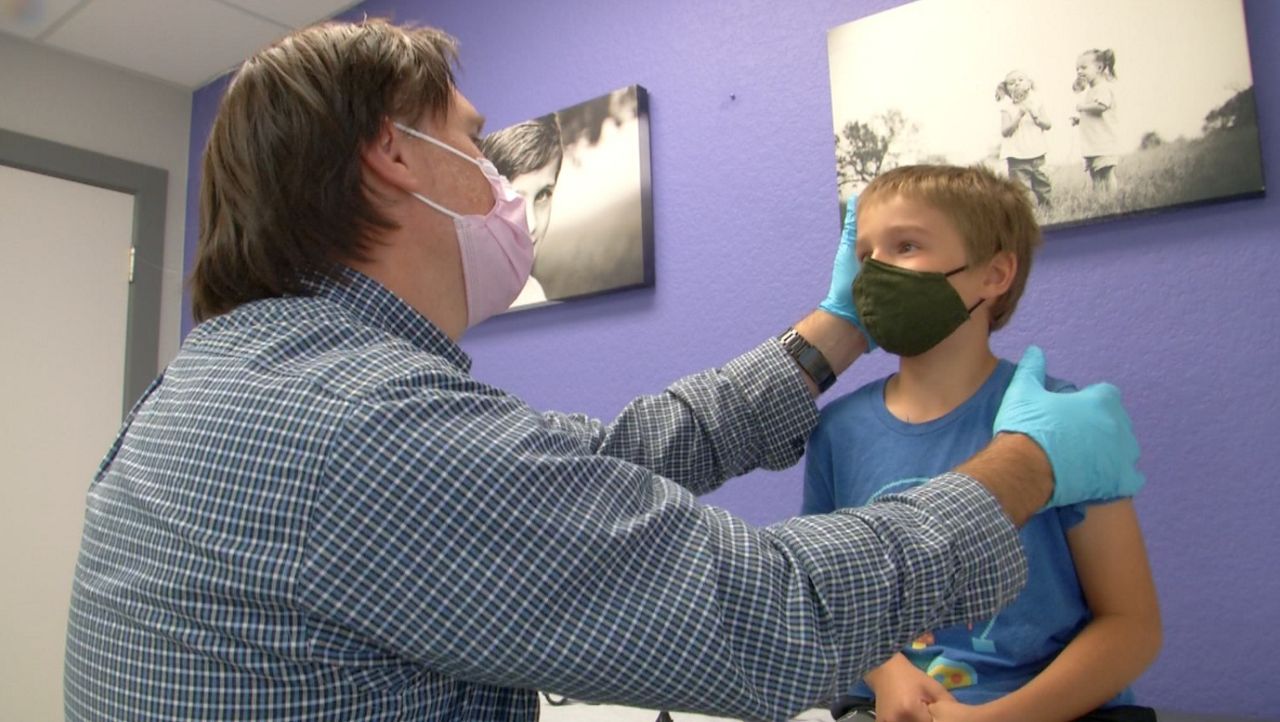NORTH CAROLINA -- These days Fitbits and Apple Watches are almost as common as tennis shoes or a pair of jeans. But how well do they actually work and what can affect their readings?
Recently, it's become a concern that skin tone might impact device accuracy.
"The way these devices work is that they shine a light through your skin and as your blood volume changes due to every heart beat, you can measure those changes in blood volume with optical properties of light, " said Dr. JessilynDunn, an assistant professor of biomedical engineering at Duke.
Dr. Dunn says it was worth looking into since melanin in the skin absorbs light.
A research team at Duke recently tested an Apple Watch, a Fitbit, a Garmin, and a Xiaomi Miband, as well as two research devices, then compared their accuracy to an ECG patch to measure heart rate.
People with varying skin tones were monitored while typing, resting, and walking.
Their results found that skintone was not a contributing factor to the accuracy of the devices. However, a potential problem they found is that the accuracy between devices began to vary wildly when they measured heart rate during different types of everyday activities.
During this research they found a 30 percent drop in accuracy when comparing when a person was moving to when they were sitting at rest.
Another concern the researchers addressed was outdated software.
"People who may have been concerned in the past with devices not being accurate for their skin tone, these devices might have been updated, so go make sure you get the new releases of your software updates because it is possible that they have updated them since then," said Brinnae Bent, a Duke PhD candidate of biomedical engineering
While these wearables won't don't catch every potential health issue, there is hope that they'll get better in time.
"Our goal with our research is to get to the point where we can do that, where we can get really, really good to the point where we are as good as if someone was actually in the clinic," Dunn said.
For more information on the research findings, please click here.



_Cropped)

